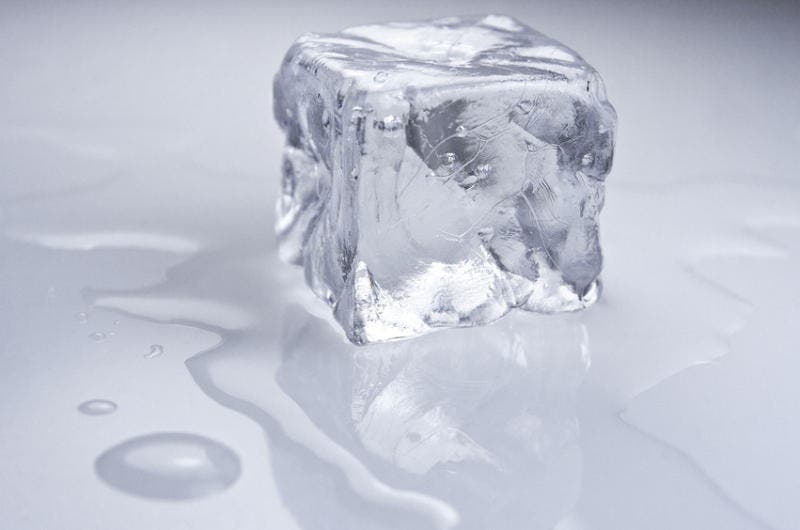Understanding how supercooled water acts can be very important for understanding basic processes during cryoprotection – the preservation of tissues and/or organs by liquid nitrogen, with the purpose of thawing without damaging them. A team from the University of Arkansas have found that surprisingly, when cooled at extremely low temperatures, water turns into an entirely new form of liquid.

Through a simulation performed in “supercooled” water, a research team led by chemist Feng “Seymour” Wang confirmed the new phase, which occurs at -66 degrees Celsius (-87 degrees Fahrenheit). Instead of turning into ice, at that temperature, water remains a liquid… but a different type of liquid.
“On a microsecond time scale, the water did not actually form ice but it transformed into a new form of liquid,” Wang said. “The study provides strong supporting evidence of the liquid-liquid phase transition and predicted a temperature of minimum density if water can be cooled well below its normal freezing temperature. Our study shows water will expand at a very low temperature even without forming ice.”
This result explains many anomalous behaviors of water. This direct experimental verification does much to solve these anomalies. The University of Arkansas research team investigated the liquid–liquid phase transition using a simulation model called Water potential from Adaptive Force Matching for Ice and Liquid (WAIL).
Was this helpful?



